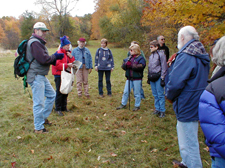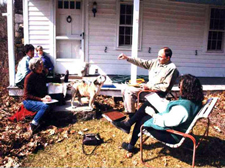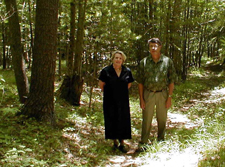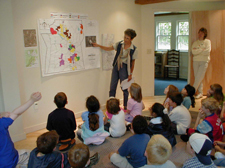Executive Committee: Set Board meeting agendas, make Board nominations, develop Board and staff training opportunities, update by-laws and policies, coordinate the strategic planning process, recruit executive director and evaluate performance.
Land Protection Committee: Identify and review land conservation projects, provide conservation and financial information for property owners, plan land protection projects, draft conservation restrictions, prepare baseline documentation and review maps, monitor protected properties.
Funding and Financial Management Committee: Plan annual membership campaign, review grant opportunities, prepare annual budget and review financial reports, develop funding for land protection projects, develop endowment and planned giving programs.
Outreach and Public Relations Committee: Organize special events such as outings and lectures, develop educational programs in the schools and for the public, review public policy and advocacy initiatives, produce annual newsletter, manage media and public relations.



